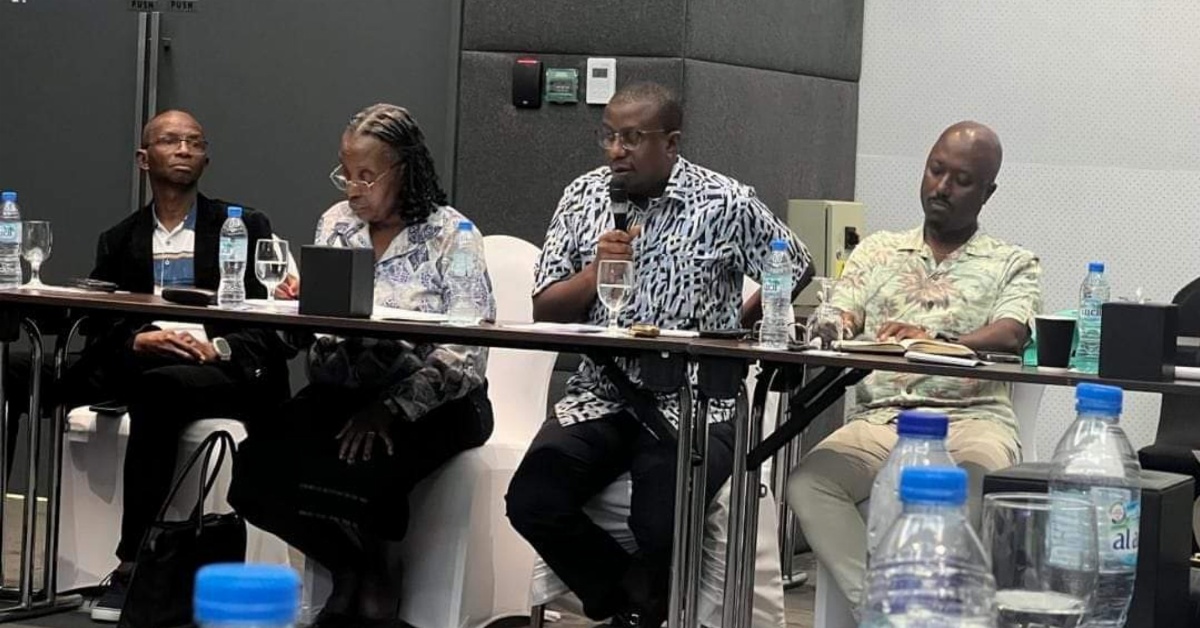The Deputy Minister of Mines and Mineral Resources, Umaru Napoleon Koroma, is currently in Dubai representing Sierra Leone at the 2024 Kimberley Process Plenary Meeting.
The high-level meeting, taking place from November 12th to 15th at the JAFZA Conference Center in Dubai, United Arab Emirates, gathers key stakeholders from diamond-producing countries and global industry leaders to discuss the future of the diamond trade and address critical issues in the sector.
As part of the preparations for this important event, Deputy Minister Koroma chaired a meeting of the African Diamond Producing Countries (ADPC), where they outlined a unified stance on key matters that will be addressed during the plenary.
This year’s discussions are expected to focus on the conflict in the Central African Republic (CAR), with African nations presenting a joint position on how to manage the persistent challenge of conflict diamonds originating from the region.
The Kimberley Process, established in 2003, is a global initiative aimed at preventing the trade of conflict diamonds—those sold by rebel groups to fund insurgencies against legitimate governments.
This framework has significantly enhanced transparency and accountability in the global diamond supply chain. Sierra Leone, once known for its own history of conflict diamonds during its civil war, has played a prominent role in the Kimberley Process, contributing to efforts to eradicate the illicit trade.
Deputy Minister Koroma’s participation underscores Sierra Leone’s continued commitment to upholding the principles of the Kimberley Process and fostering a sustainable and conflict-free diamond industry.
The plenary will provide a platform for member states to discuss key issues, share best practices, and explore new strategies to enhance the credibility and effectiveness of the certification scheme.
With Africa being a major source of the world’s diamonds, the continent’s representatives are expected to use this opportunity to push for stronger regulatory measures, improved transparency, and greater emphasis on conflict resolution in regions like CAR, where diamond-related conflicts continue to undermine peace and development.
The outcomes of the Kimberley Process Plenary Meeting will shape the future of the diamond industry, as member countries work together to ensure that diamonds contribute to economic growth and stability, free from the taint of conflict.


 Post a comment
Post a comment 








